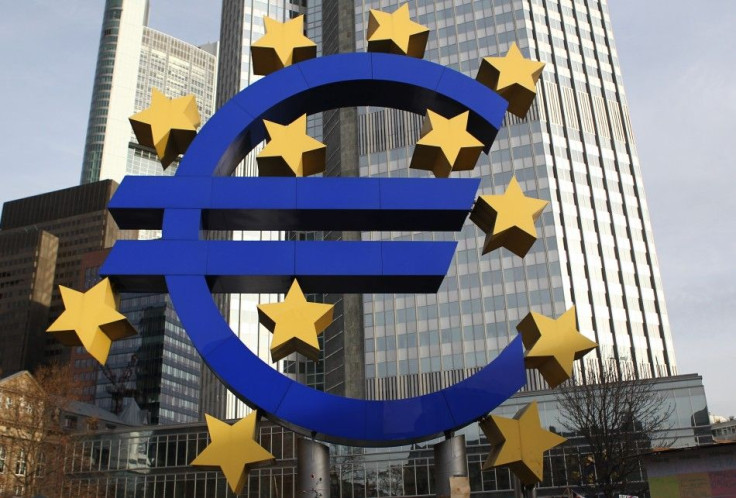Euro Summit Agrees On Bank Rescue

European leaders concluded a critical two-day summit Friday by agreeing to create a single euro zone banking supervisory body and let rescue funds be sent directly to struggling banks instead of adding to the public debt of their national governments. The developments move the euro zone notably closer to genuine monetary union.
Under terms of the deal, agreed to in the middle of the night, the European Stability Mechanism (ESM) and the European Financial Stability Facility (EFSF) will be able to loan directly to critically distressed banks in Spain and Italy, for example, without existing bond-holders being subordinated by those banks' national governments, as has been the practice in recent bank bailouts. Without the ESM and the EFSF relinquishing their preferred creditor status, private bond-holders would promptly dump their bonds on the secondary market, thus hiking interest rates to an unacceptable level.
In exchange for the more generous lending policy, European leaders also agreed to establishing a single bank supervisor to ensure that recipients of ESM and EFSF lending would handle the rescue money responsibly.
The future possibility of using ESM for direct recapitalization of the banks, which was something that the ECB had advocated for some time, is also another good result, Mario Draghi, head of the European Central Bank, told Market News International. We have to keep in mind that all these things, to be credible. should be accompanied by strict conditionality. This is essential; otherwise they will not be credible.
The agreement, which has come after 18 unsuccessful summits, was hailed by European Council President Herman Van Rompuy as a breakthrough, even though European Council President Herman Van Rompuy called it a breakthrough, but German Chancellor Angela Merkel will return to Berlin to face a public perception that she lost in her demand that any bailouts come with tough austerity commitments.
Merkel, however, told reporters in Brussels on Friday that European leaders have remained true to our philosophy of not help without a trade-off.
EU leaders on Thursday approved a $149 billion plan to promote growth among their 27 members, including a capital boost for the European Investment Bank.
On Monday, Spain officially asked for €100 billion ($125.6 billion) to bolster its banking system. Without Friday's agreement the money would have added to the country's already high debt portfolio. Now those funds will be put on the books of the banks themselves.
The upshot of this week's developments slashed the yield on Spain's benchmark 10-year note by 0.41 percentage points to 6.02 percent. Italy's comparable bond yield dropped 0.34 percentage points to 5.5 percent.
Lowering bond yields means investors are more confident the governments won't default on the loans. Spain and Italy were both facing bond yields approaching the 7-percent line, which is considered a red flag indicator of unsustainably high borrowing costs.
All major stock markets around the world reacted positively to the news.
The Hang Seng was up over 2 percent. France's CAC 40 index and Germany's DAX were both up over 3 percent.
Still, the euro zone's roughly €500-billion bailout fund is dwarfed by how much money the euro zone governments owe, which according to Eurostat stands at €8.2 trillion, meaning the region has a long way to go toward financial stability.
© Copyright IBTimes 2024. All rights reserved.





















